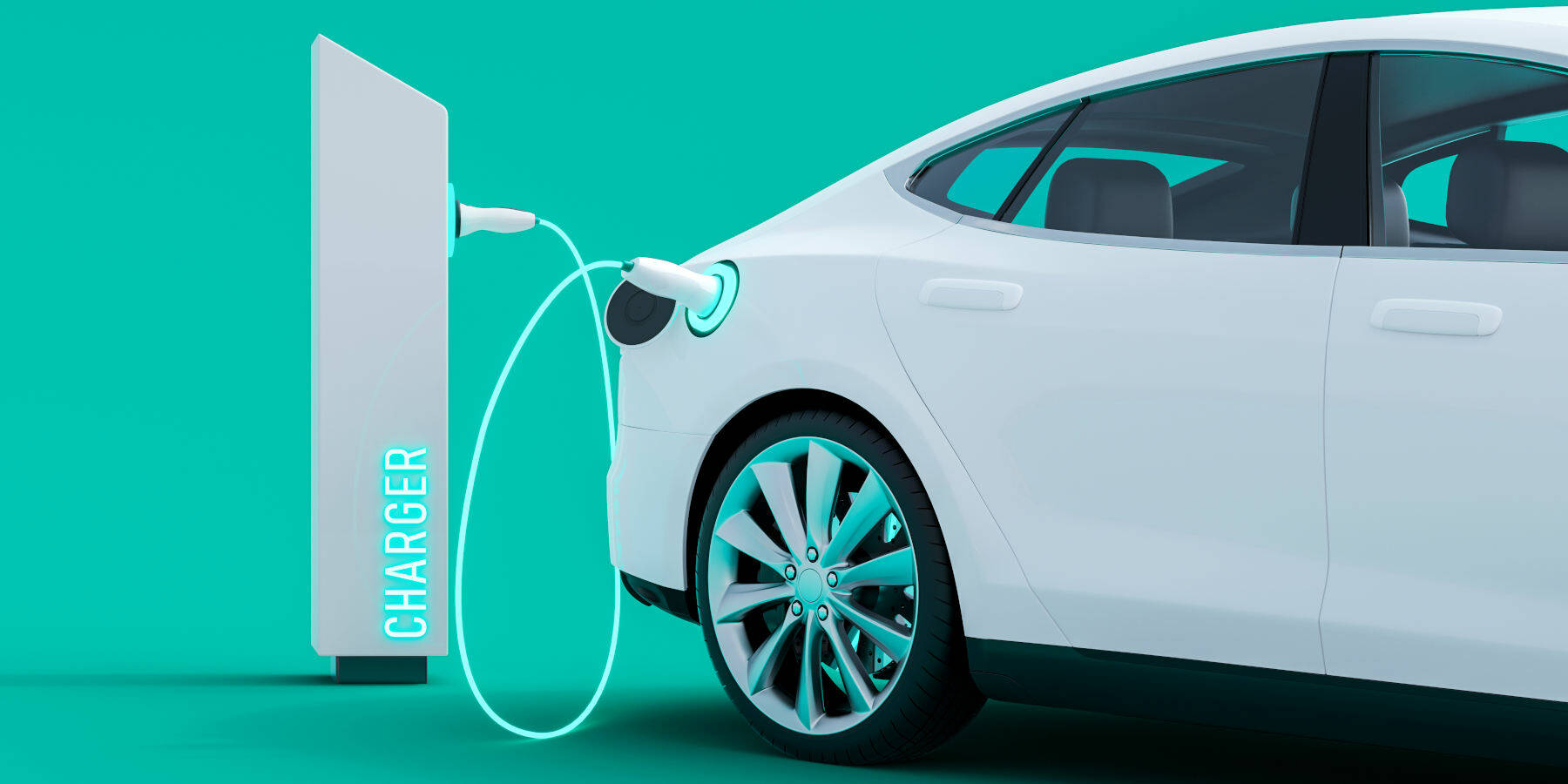- China currently dominates the electric vehicle, battery, and critical metals industries.
- However, other countries, such as Australia, India, and the US, have started pushing back against Chinese investment in these industries.
- There is suspicion and concern about Chinese EV companies in countries like France, which is calling for an investigation into unfair subsidies by the Chinese government.
- This could potentially lead to new tariffs on Chinese EV imports to the EU.
- China's recent actions, such as threatening to curb exports of important materials and banning coal imports from Australia, have further fueled concerns about dependence on China.
India is considering a new electric vehicle policy that would significantly reduce import taxes for automakers, potentially allowing Tesla to enter the market at a reduced tax rate as low as 15%.
Europe's carmakers are facing a tough battle to catch up with China in the development of affordable and consumer-friendly electric vehicles, with Chinese EV makers already a generation ahead, according to industry analysts and executives at Munich's IAA mobility show.
The EU's plan to ban new gasoline and diesel vehicles by 2035 poses a significant risk to European car manufacturers who may struggle to compete with Chinese EV manufacturers in a price war, according to BMW chairman Oliver Zipse.
China's automobile and component exports have doubled in 2021, leading to an investigation by the European Commission into subsidies given to Chinese electric vehicle makers, as European automakers express concern over competition from China in the growing electric vehicle sector.
Tesla is expected to benefit from European protectionist measures as regulators crack down on Chinese electric vehicle (EV) competition, causing stocks of Chinese EV companies like NIO and XPeng to plunge.
The European Commission has launched an investigation into whether to impose punitive tariffs on Chinese electric vehicle (EV) imports that it considers to be benefiting from state subsidies, as the Chinese share of the European EV market has reached 8% this year.
The European Union is investigating China's state support for electric vehicle makers due to concerns about the impact on European auto manufacturers, with Chinese companies already gaining a substantial market share in Europe through cheaper prices and subsidies.
China accuses the European Union of "blatant protectionism" following an "anti-subsidy" investigation into China's electric vehicle makers, posing a threat to China-EU trade relations and potentially leading to tariffs on Chinese EVs.
The European Union and China are in a dispute over electric vehicles, which could potentially benefit auto stocks in the short term and have negative consequences for diplomatic relations.
Americans' hesitations to buy electric vehicles (EVs) are largely due to concerns around charging, with surveys showing that a lack of charging stations is a significant barrier to purchase, but efforts are being made to expand and improve the U.S. charging landscape through major incentives, partnerships, and the development of a single charging standard like Tesla's NACS plug design.
German carmakers are concerned about potential retaliation if the EU imposes duties on Chinese electric vehicles, according to German Economy Minister Robert Habeck, who also acknowledged a Franco-German divide over the anti-subsidy probe.
The European Commission has launched an investigation into Chinese electric vehicle subsidies, which will be fact-based and conducted in accordance with EU and WTO rules.
The European Commission has initiated an anti-subsidy investigation into Chinese electric vehicles, which could potentially lead to the imposition of tariffs on imports from China within the next 13 months.
The European Commission has opened an investigation into China's electric vehicle sector, citing evidence of subsidies that could harm the EU industry and potentially result in import duties on vehicles from China.
The Treasury Department has outlined guidelines for car dealers to offer immediate access to federal tax credits for electric vehicles, aiming to incentivize more people to purchase EVs and help achieve President Biden's goal of increasing EV sales to 50% by 2030. This move provides consumers with a point-of-sale rebate for EVs, reducing the purchase price by up to $7,500 at the time of purchase instead of waiting for the annual tax filing period.
The European Union is aiming to prevent the return of Trump-era metals tariffs and address the negative effects of the U.S. Inflation Reduction Act on electric vehicle subsidies through a joint statement and negotiations with the United States during a one-day summit.
Chinese automakers, such as BYD, are making a push into the European market with their low-cost electric vehicles, offering an attractive option for European consumers seeking affordable electric cars, but also posing a threat to Europe's traditional automakers who underestimated the electric revolution.
